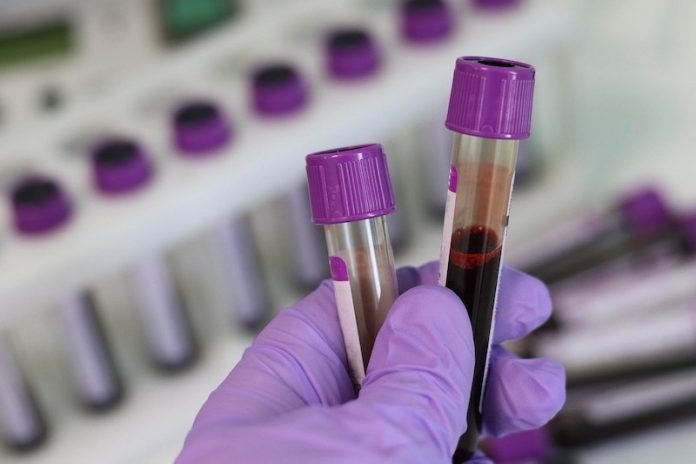
In a new study from the University of Illinois Chicago, researchers are one step closer to developing a blood test that provides a simple biochemical hallmark for depression and reveals the efficacy of drug therapy in individual patients.
They have identified a biomarker in human platelets that tracks the extent of depression. The biomarker can be identified through a blood test.
The team says what we have developed is a test that can not only indicate the presence of depression but it can also indicate therapeutic response with a single biomarker, and that is something that has not existed to date.
The researchers hypothesize they will be able to use this blood test to determine if antidepressant therapies are working, perhaps as soon as one week after beginning treatment.
Currently, patients and their physicians have to wait several weeks, sometimes months, to determine if antidepressants are working, and when it is determined they aren’t working, different therapies are tried.
The team says about 30% of people don’t get better—their depression doesn’t resolve. Perhaps, failure begets failure and both doctors and patients make the assumption that nothing is going to work
Most depression is diagnosed in primary care doctor’s offices where they don’t have sophisticated screening.
With this test, a doctor could say, ‘Gee, they look like they are depressed, but their blood doesn’t tell us they are. So, maybe we need to re-examine this.’
If you care about depression, please read studies about new therapy that could effectively treat pain, depression and anxiety, and depression drug that could save COVID-19 patients.
For more information about mental health, please see recent studies about mental problem that could triple stroke risk, and results showing that depression and sleep loss should be treated individually
The study is published in Molecular Psychiatry. One author of the study is Mark Rasenick.
Copyright © 2022 Knowridge Science Report. All rights reserved.



